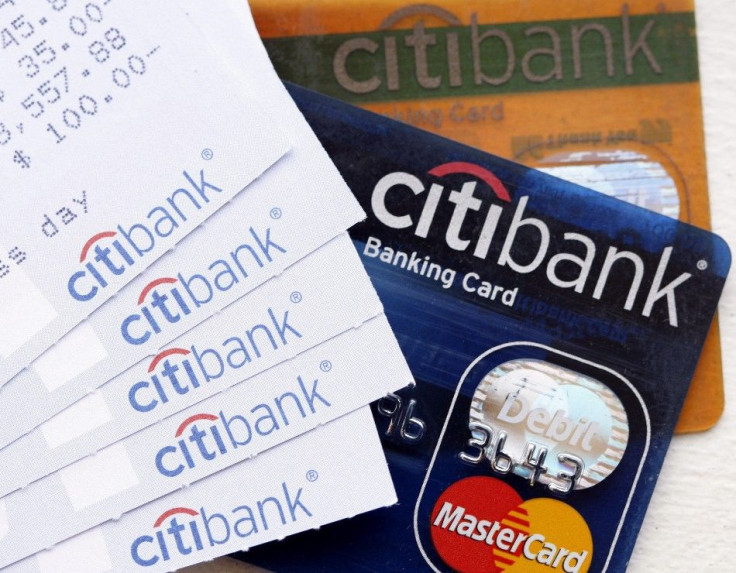Would a $3,000 Federal Gift Card Program Create Jobs?

Analysis
What's an unconventional way to create jobs in United States?
Two years back, MarketWatch Chief Economist Irwin Kellner recommended that the United States consider distributing a $3,000 gift card to every citizen over age 16, as a fiscal stimulus tactic.
And, of course, the reaction in public policy and economics circles to such a unique, non-traditional tactic was, Man, he's gotta be kidding.
However, after a year of sluggish U.S. GDP growth with unsatisfactory job growth -- the nation is still short about 11 million jobs -- Kellner's idea may have been enough to propel the U.S. economy toward where the U.S Federal Reserve -- and certainly the Obama administration -- want it to be: a self-sustaining economic expansion.
A Debit Card with a Twist
To be sure, the idea of distributing $3,000 gift cards in 2009, like today, would be a tough-sell in the American political culture. Think of what a now-larger Tea Party faction of the Republican Party would say about the gift cards? The Tea Party would probably characterize it as 'the mother of all welfare programs' or as 'blatant socialism' etc.
According to Kellner's analysis, gift cards loaded with $3,000 on them distributed to the roughly 235 million Americans eligible for them would have cost $705 billion in 2009.
What's more, investors/readers of the Tea Party and/or conservative persuasion should keep in mind that the original fiscal stimulus was not as large as it looked. It contained about $275 billion in tax cuts/credits -- which decreased the bang-for-the-buck, from a job growth standpoint -- which made the actuall stimulus about $501 billion, not the widely-cited $786 billion figure.
Kellner's $3,000 gift card idea would have been and would be today a bigger job creator: the gifts cards would provide more stimulus, sooner -- perhaps as much as $400 billion (or more) would be injected in to the economy in a couple of months. Undoubtedly, that would move the U.S. GDP needle more, because, all other factors being equal, a $400 billion lump-sum stimulus program provides more GDP 'bang-for-the-buck' than, for example, two $200 billion stimulus dispersals spread over a longer time period.
In addition, all of the gift card money would be spent -- Kellner's plan did not allow for saving of gift card funds -- which would result in even more economic stimulus, as Americans purchase new big-ticket items like washers/dryers, dishwashers, air conditioners, furniture, or even opt to get their used cars repaired.
Current Political Climate: Austerity in Vogue
It goes without saying that a $3,000 gift card program -- even one limited in scope, to, for example, all Americans age 21 or older -- would not be passed on Capitol Hill, now that the Republicans control the U.S. House of Representatives, and that's unfortunate, if the goal of policy makers is job growth.
And the reason is obvious enough: the U.S. is suffering from a lack of demand. Despite what you hear about huge deficits, and large increases in government spending, the biggest problem facing the U.S. economy now is: a lack of demand from consumers. There's not nearly enough demand to absorb the excess capacity in the industrial sector, or to buy consumer goods, nor to obviously employ the roughly 11 million Americans without work who want it; that total is roughly 20 million, if you count those currently working part-time who want full-time work.
Even a modified $3,000 gift card program -- one costing about $300 billion -- would do wonders to increase demand, create jobs, and lower the nation's high 9.2 percent unemployment rate.
Moreover, a modified gift card program is something both the Tea Party faction and the Republican Party should consider. The longer the high unemployment problem festers, the more restive the American people will become for an answer. Americans want the unemployment problem solved, and if it isn't, they'll hold whomever is in power -- in this case, Republicans in the House and Democrats in the White House, accountable for an answer.
© Copyright IBTimes 2024. All rights reserved.











